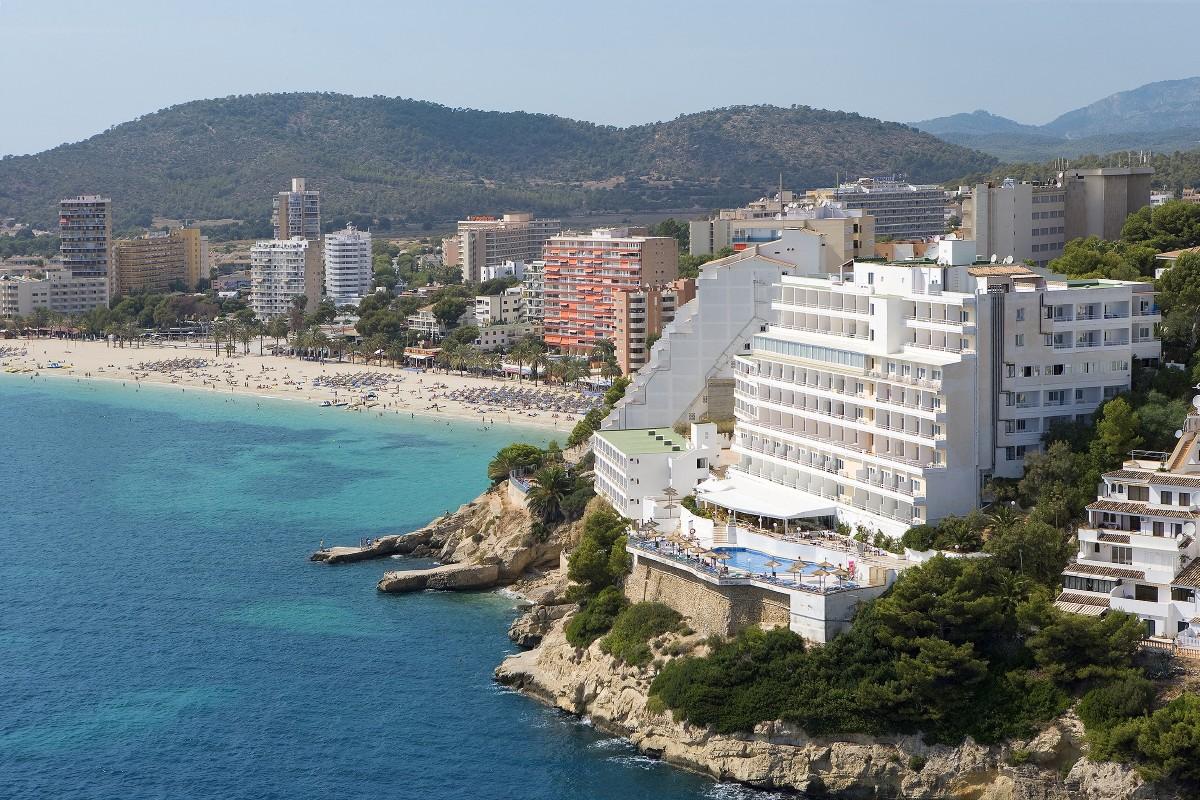
The pandemic, which came hard on the heels of the Thomas Cook collapse, created its own liquidity challenges | E.C.
Palma01/04/2022 11:57
Stating with certainty that a hotel’s profit margin should be X% would be ridiculous. It depends on various factors and it will vary accordingly. This said, there are the experts who can point to ballpark margins. As an example, PKF Consulting quotes a figure of thirty per cent. This is an average, recognising that the amount of revenue left over after accounting for expenses will fluctuate. So it could be 20% or it could be 40%. It all depends.

No comments
To be able to write a comment, you have to be registered and logged in
Currently there are no comments.